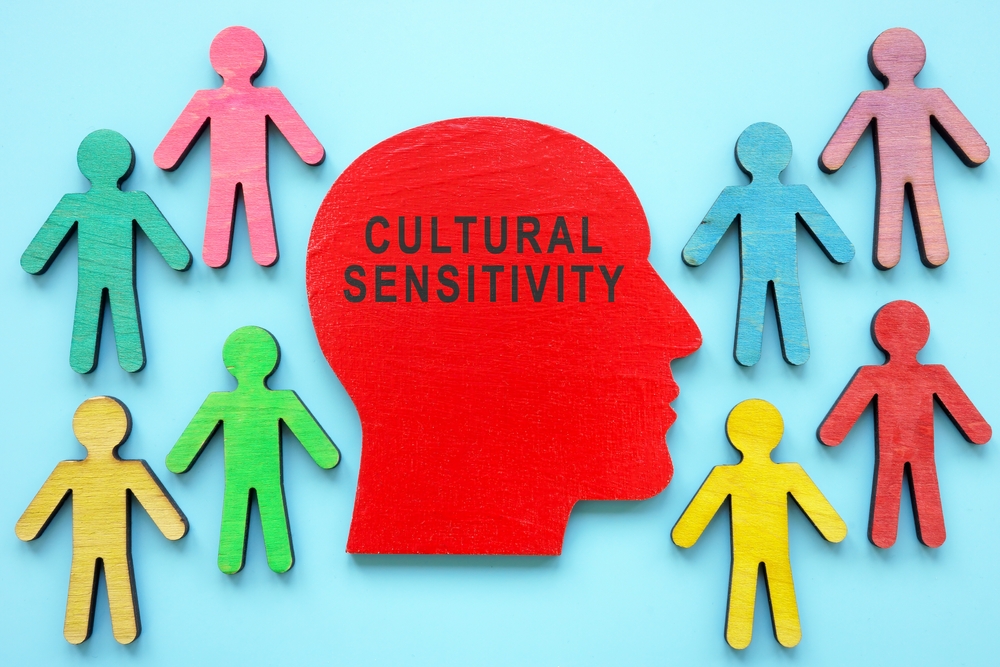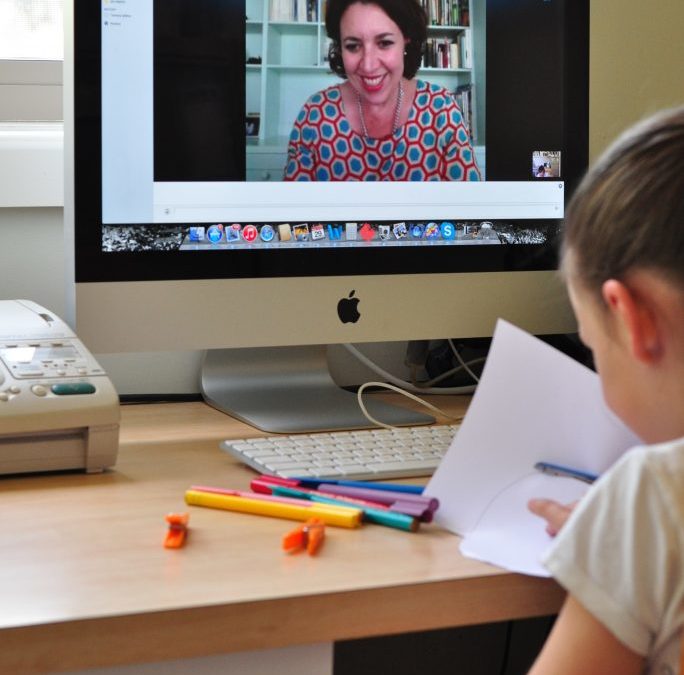At Therapy Connect, we believe that culturally sensitive practice is not just a professional standard—it’s a human one. Cultural awareness can transport therapeutic relationships, especially in the context of telehealth therapy. Whether you’re accessing therapy online for occupational therapy online, speech therapy online, or working with an online psychologist in Australia, cultural sensitivity is essential for creating safe, respectful, and effective care environments.
This blog is designed to support NDIS clients and referrers in understanding how we at Therapy Connect integrate cultural sensitivity into our practice, particularly in online therapy settings. It’s also a guide for those navigating services like online speech. pathology, online clinical psychologists, and occupational therapy for autism.
Why Cultural Sensitivity Matters in Online Therapy
Cultural sensitivity is more than having a general understanding about different cultures – it’s about cultural reflexivity. This means:
- Being mindful of the power dynamics in therapeutic relationships.
- Practicing curiosity without assumptions, allowing clients to share their lived experiences.
- Engaging in ongoing reflection, not just one-time learning.
- Recognising your own cultural lens, privileges, and biases.
In online therapy, where non-verbal cues may be limited, these principles become even more critical. Whether you’re working with our online speech therapist, online psychologist, or online occupational therapist, we value the importance of cultural reflexivity to support safety and building a positive relationship with your therapist.
Intake: Asking the Right Questions, the Right Way
One of the most important moments in therapy is the intake process. For NDIS clients, this is often the first step in accessing services like occupational therapy for autism or online speech pathology. Here’s how we approach intake with a culturally sensitive lens:
Best Practices
- Use culturally inclusive intake forms
Include fields for preferred name, pronouns, cultural identity, languages spoken at home, and spiritual beliefs.
- Build rapport before diving into sensitive questions
Trust takes time—especially for clients with past trauma or stigma. We stagger sensitive questions to ensure comfort.
- Use open-ended, respectful language
For example:
“Do you identify with a particular cultural or community background that you’d like us to know about?”
- Frame questions with purpose
Explain why you’re asking:
“We ask about cultural or spiritual practices because they help us support you in meaningful ways.”
- Offer choice
Clients should feel free to share only what they’re comfortable with:
“You’re welcome to share as much or as little as you feel comfortable with.”
What to Avoid
- Don’t assume pronouns, family structure, or cultural background.
- Avoid questions like “What’s your nationality?”—they may not be relevant or respectful.
- Always document cultural preferences and language needs clearly.
Language Barriers: Supporting ESL Clients in Online Therapy
In telehealth occupational therapy and other online therapy services, language barriers can be a significant challenge—especially when English as a Second Language (ESL) hasn’t been flagged during intake.
Immediate Response
If a client is struggling with language comprehension, respond with empathy and adaptability. Say something like:
“Thanks for letting us know. It’s important that you’re fully comfortable and understand everything. We’ll get support for you right away.”
Use simplified language, visuals, or gestures to aid understanding.
Interim Solutions
With the client’s consent, we may:
- If possible, match you with a practitioner who speaks your language
- Use Phone or video interpreters (e.g., TIS National)
- Tarjimly – a free interpreter service for refugees, especially helpful for clients with trauma-related interpreter hesitancy
- Auslan interpreters – available nationwide and billable to NDIS
Avoid using family members, especially children, as interpreters due to potential distress and lack of healthcare proficiency.
Long-Term Planning
- Flag language needs in the client’s record for future appointments.
- Ask about dialect and literacy—even fluent English speakers may struggle with medical or psychological terminology.
- Document sensitively—note interpreter unavailability and actions taken to ensure client comfort.
Cultural Sensitivity Across Disciplines
At Therapy Connect, our multidisciplinary team—including online speech therapists, online psychologists, online occupational therapists, online physiotherapists, and online dietitians—works collaboratively to ensure culturally safe care across all services.
For Occupational Therapy
In occupational therapy for autism, cultural sensitivity helps us understand how cultural norms influence daily routines, sensory preferences, and family dynamics. Our occupational therapists online, tailor strategies to align with the client’s cultural values and home environment.
For Speech Therapy
Online speech pathology must consider language diversity, dialects, and cultural communication styles. Our online speech therapists use culturally responsive materials and adapt goals to reflect the client’s linguistic background.
For Psychology
Online psychologists in Australia face unique challenges in building rapport across screens. Cultural sensitivity helps us navigate trauma histories, spiritual beliefs, and identity factors that influence mental health. Our online psychologists are trained in trauma-informed and culturally reflexive care.
For Physiotherapy
In online physiotherapy, cultural sensitivity plays a key role in understanding how movement, pain, and physical health are perceived across different cultures. Our online physiotherapists consider cultural beliefs around physical activity, body autonomy, and traditional healing practices. This allows us to co-create rehabilitation plans that respect the client’s values while promoting recovery and independence.
For Dietetics
Nutrition is deeply rooted in culture, tradition, and identity. Our online dietitians work with clients to understand their dietary preferences, religious food practices, and cultural norms around eating. Whether supporting clients with chronic conditions, disability-related dietary needs, or general wellness, we ensure that nutritional advice is culturally appropriate, inclusive, and sustainable.
Resources for Clients and Referrers
Here are some tools we use to support culturally sensitive care:
- TIS National – interpreter booking service
- Tarjimly – free interpreters for refugees
- Auslan Services – NDIS-funded sign language interpreters
- Language identification visuals – to help clients indicate their preferred language
Final Thoughts: The Heart of Cultural Sensitivity
Cultural sensitivity isn’t just about improving therapy outcomes—it’s about enriching our shared humanity. As Mervin Sigham said:
“The journey to understanding and accepting others ultimately leads back to understanding one’s self.”
At Therapy Connect, we’re committed to walking that journey with every client—whether you’re accessing online occupational therapy, speech therapy online, or working with an online therapist in Australia. Guided by our values, we strive to make an impact, champion equity, and develop meaningful connection in every interaction.
If you’re a referrer or NDIS participant looking for culturally safe, trauma-informed care, reach out to us. We’re here to listen, learn, and support.




